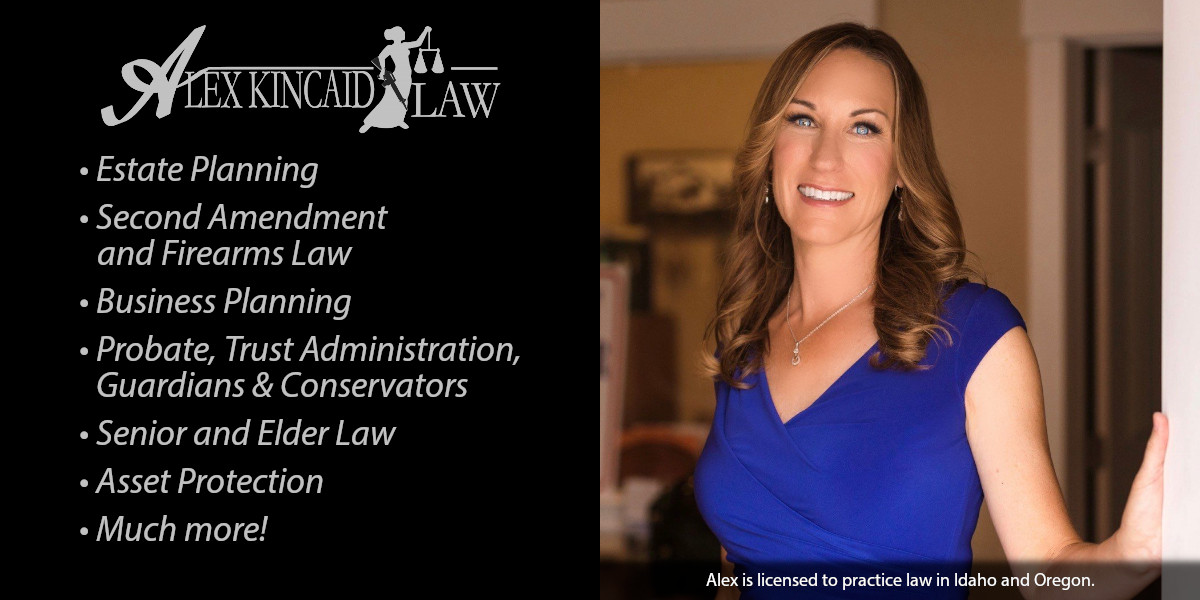
Op-Ed: An Outrageous Exception to the Rest of the World – Part 1
By James Wilson • February 17, 2025The following Op-Ed was submitted by James Wilson. Op-Eds do not necessarily reflect the views and opinions of those at the Idaho Dispatch.
Best selling author and podcaster Eric Metaxas addressed a pastors’ group a few days before the election. He opened with an electrifying statement about these United States of America, “What we have here is an outrageous exception…” to the rest of the world. Before the existence of this exception there were kingdoms, but not (with rare exceptions) republics. Every kingdom had a sovereign – the King – but our republic acknowledged another sovereign – the people themselves – standing on a Declaration of
Independence and a Constitution actually generated and ratified by the sovereign people.
But the outrageous part – to a secular world – is that the generators and ratifiers of this republic understood themselves to be emissaries of the Kingdom of God. Our founding as a nation was not just compatible with the Word of God; it was a product of that Word and Kingdom.
Metaxas declared that Kingdoms have subjects; republics have free and sovereign citizens. Citizens are – according to historian William Federer – co-rulers per the Greek from which the term originates. Our republic was established by people voluntarily submitted to the God of Covenant, One who had already redeemed His people from bondage and designated them for freedom, the covenanted freedom of citizens.
The Mayflower Compact was a covenantal agreement between persons – living as a community under God – and God Himself. The Pilgrims understood – explicitly – their Compact to be at once their blueprint for a community of faith and a political community.
(Let none imagine they thought themselves launching a theocracy. A theocracy is rule by theological elites; dissent is not appreciated because prescribed belief is compulsory.)
Rule under covenant simply pre-supposes flawed persons doing their best to guard one another’s rights and responsibilities as they “work out their salvation in fear and trembling” per Philippians 2:12.) The Mayflower Compact describes this covenant as “undertaken for the glory of God and the advancement of the Christian Faith…” The covenanters stated they would “covenant and combine ourselves into a civil body politic…”
Less than two decades after the planting at Plymouth an even more explicit statement of connection between purpose and foundation was made in a 1638 sermon preached by the Rev Thomas Hooker, whose congregation founded the Connecticut colony under his leadership. Two years earlier, Hooker had found himself at odds with Bostonian Puritan leader John Cotton; Cotton demanded only Puritans be permitted to vote in civic elections – violating the Mayflower Compact – while Hooker declared any
Christian worthy of the franchise. Hooker led his covenant community into the wilderness to what became the city of Hartford. Asked by congregants to preach on how best to form a new government, Hooker baldly stated, “The foundation of authority is laid in the free consent of the people.” This phrase was knowingly reflected in the Declaration of Independence as “Government from the consent of the governed.” As Federer expresses it, congregants seeking God’s will fasted and prayed, then cast their
ballots, expecting to be participants in the very doing of God’s will. Hooker’s sermon was preserved to frame the constitution of Connecticut; according to the plaque commemorating it “the first written constitution that created a government,” and a model for the US Constitution.
An even more extensive understanding of the purpose and foundation of covenantal government came from the pen and voice of Virginia Pastor John Wise as he laid out the doctrines of equality, popular sovereignty, and inalienable rights early in the eighteenth century. Wise and Hooker – both Massachusetts born – between themselves and God outlined the worldview standing beneath every American institution from then until now, as we seek resurrection of this American vision under the second presidency of Donald Trump. Alexis de Tocqueville says it succinctly, “Americans…brought with
them…a form of Christianity which I cannot better describe than by styling it a democratic and republican religion…”
Yet let is recall – for those who may imagine a lurking theocracy – these fundamentals of our republic were enshrined in a Constitution including an absolute prohibition on religious tests for fitness to hold office. The vision is of God’s Kingdom; what we do with what we are given is at our right and our risk.
In his address of November 2 Metaxas explored the dilemma of a nation under God in which most Christians appear to shun their obvious – if we be truly under God – civic duty to proclaim by living it the Gospel as the plain language of God’s Word expresses it. Why – he asked rhetorically – do so many of us celebrate the birth of our nation and the sacrifices that have sustained it, but declare ourselves too holy or too busy to lift a finger to defend her. He proceeded to answer his own question, saying we are blinded by three idols we have erected in the very midst of our churches. He said we will wander in the wilderness until we break from the idols of evangelism, purity, and respectability.
The idol of evangelism partakes of God’s clearly expressed marching orders for His Church found in the Great Commission, as all idols partake while perverting the authentic word of God. In this case God calls all of his people to make their first priority the sharing of the good news of Jesus, but He never calls His people to make that sharing the only priority. Second only is the priority to establish colonies – beach heads if you will – of the Kingdom in which the ground on which we stand becomes the fertile ground
of Kingdom community. Ironically this perversion of the Great Commission is rooted in the Pietist Movement, offshoots of which sparked even the first and second Great Awakenings. Yet many Pietist descendants are so stuck on what they think a private relationship with Jesus they neglect the call to evangelism at its root.
Part 2 coming.
James A. Wilson is the author of Living As Ambassadors of Relationships, The Holy Spirit and the End Times, Kingdom in Pursuit, and his first novel, Generation – available at Barnes and Nobles, Amazon, or at pr************@gm***.com
Tags: America, Constitution, James Wilson







